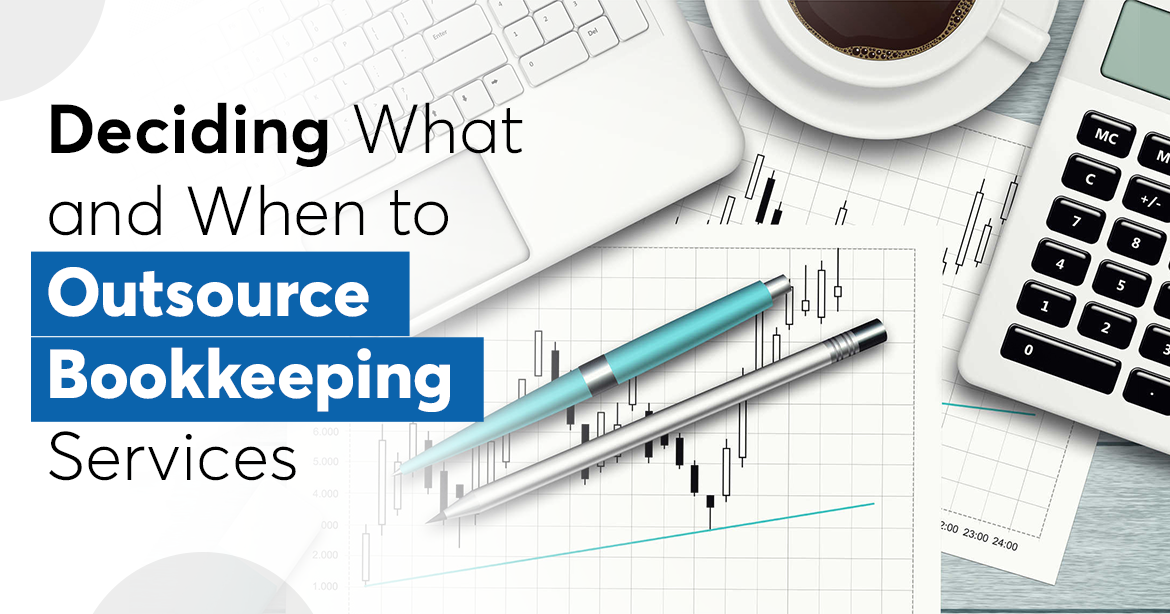This is worth inquiring about in your preliminary conference. Since a company coordinates the work of several staff members,it’s not likely you’ll come across the same service spaces you may get out of a single freelance accountant. You don’t require to fret about your certified bookkeeper getting ill or leaving on getaway,because your books can be gotten by other other bookkeepers at the company.
It’s essential to ask if they guarantee a particular level of quality,so the precision does not change from person to person. Working with a regional accounting firm is generally a matter of Googling to discover which companies remain in your location,and then doing your homework to see which ones are the very best fit for your company.

An online bookkeeping solution utilizes cloud-based software application to connect you with a team of accountants,who do your books for you (like Bench). It resembles an accounting company,other than more affordable,given that automation cuts the bulk of manual work. This is a terrific choice for the majority of small services that don’t have cash-heavy deals.
The variety of accounts you’ll be tracking– and the frequency of deals– might impact this. Merchant processors,loans,and credit lines may likewise be taken into consideration. For a little service with reasonably straightforward financial resources,it’s typically more affordable than either a freelancer or a firm. A remote accounting service might use a customized app– as Bench does– that lets you message your bookkeeper directly.

Also,some remote accounting services are able to instantly import your monetary details– deals from bank and credit accounts,for example. You might need to scan and send physical invoices online. As you look around,search for out whether the remote service you’re considering is able to work with accounting professionals.
Remote bookkeeping services,like companies,have numerous staff members. This lets them avoid the sort of service gaps that may appear with an individual freelancer. Any remote accounting service should be equipped to manage the surge in workflow that generally comes throughout completion of the financial year,when customers’ books need to be “closed.” If a remote bookkeeping service deserves working with,they should have the ability to ensure a specific level of quality.
Bookkeeping certifications are absolutely optional,unlike accounting,where a Certified Public Accountant classification is mandatory. But it’s still important to comprehend what they represent. The CPB is accredited by the National Association of Licensed Public Bookkeepers (NACPB) and is the more available of the two certs. In order to receive the CPB,an accountant must have one year,or two thousand hours,of on-the-job bookkeeping experience,consent to follow NACPB’s Code of Specialist Conduct,and successfully complete an exam.
According to the AIPB,the function of the CB is to prepare bookkeepers so they can function as a small business’s “de facto Chief Financial Officer.” To receive the CB,an individual requirements to have two years of on-the-job accounting experience. They’ll also need to sign the AIPB’s Code of Ethics,and complete the examination.
Once you hire the right bookkeeper for your business,you have actually taken the initial step to much better understanding how your organisation works and outlining a course for future growth. The next action is to find an accountant. They can take the info your bookkeeper provides,and utilize it to assist you make long-lasting service choices.